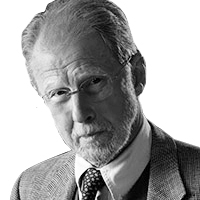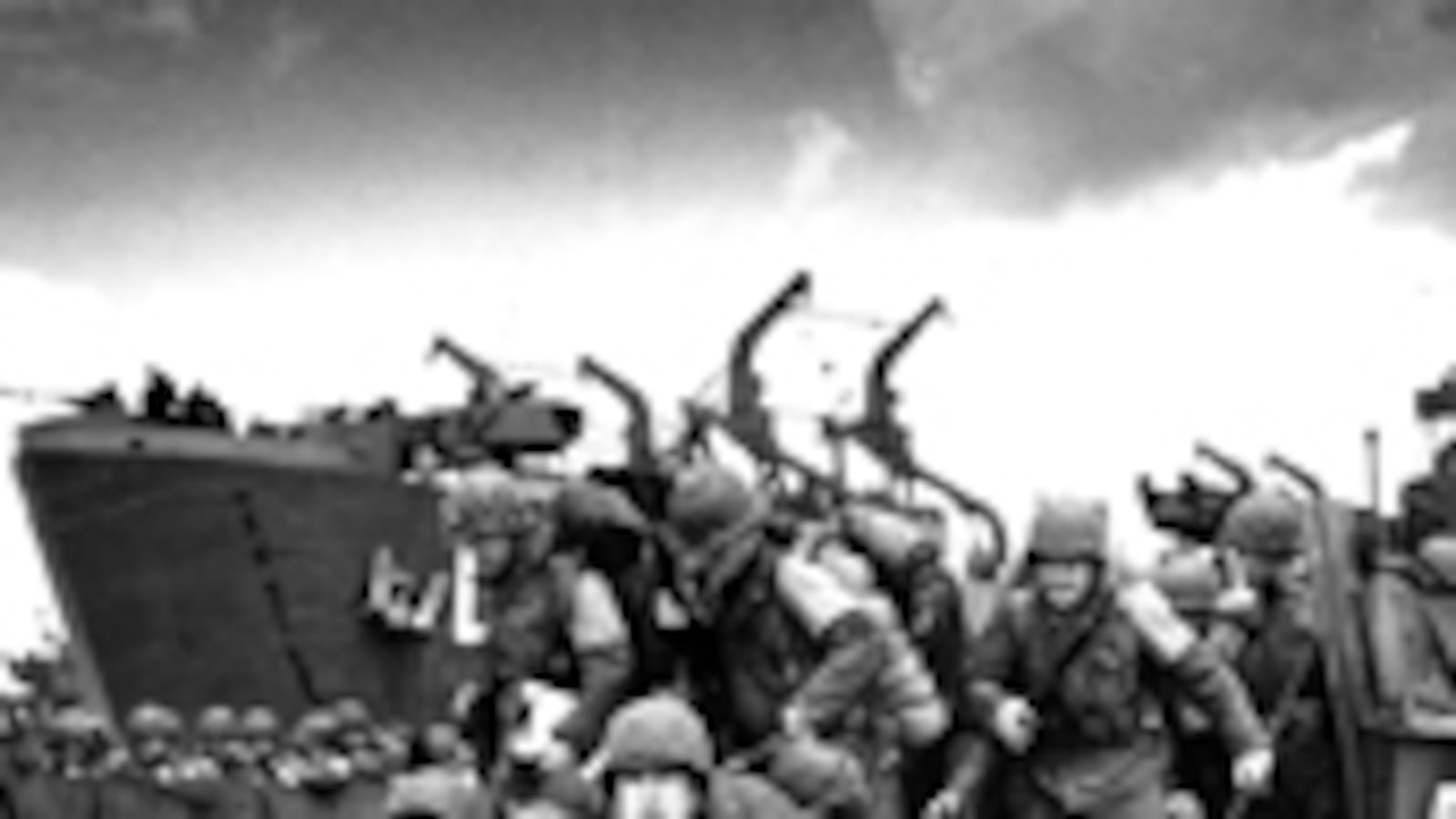
It is hard to celebrate the past in an ecumenical way, or even in a fair-minded one, apparently. The trouble with the past is not just that it’s behind us, it’s that it is not even over yet. Thus the tiff over President Sarkozy’s decision not to invite Queen Elizabeth II to the ceremony on the 65th anniversary of D-Day—a piece of monumental French rudeness that was hardly assuaged by a last-minute invitation to the Prince of Wales. It exemplifies not the Allied unity that General Dwight D. Eisenhower insisted on and, without which the invasion of Europe, could never have succeeded, but instead the thousand-year history of mutual recrimination and contempt that, with a short interruption during the reign of King Edward VII, has always characterized the prickly relationship between France and Great Britain. Even in the First World War, when they were fighting on the same side, and in the Second World War, when Britain was at least theoretically on the same side as General de Gaulle’s France Libre, there were still many in England for whom the natural enemy was not Germany, but France, and many in France who still thought their natural enemy was l’Albion perfide.
Click Image To View Gallery

Ike would have been the first to protest the travesty of the French and the American heads of state celebrating D-Day without the presence of Her Majesty. The French, after all, did not fight at D-Day. D-Day was fought to liberate the French, and the troops who did it were predominantly British, American, and Canadian—73,000 Americans, 66,000 British, and more than 20,000 Canadians, to be exact. If you lump the British and the Canadians together, because Canada was then a dominion and her head of state King George VI, the king’s troops exceeded those of the United States. In terms of ships and aircraft, the division was about equal. Ike’s ground commander (the supremely disagreeable General Bernard Montgomery), his air force commander (the despised Air Chief Marshal Trafford Leigh-Mallory), and his naval commander (the much-admired Admiral “Bert” Ramsay) were all British. Ike had not even wanted General de Gaulle to attend D-Day, and de Gaulle’s last-minute arrival caused a major Allied row the day before, when Ike had other things on his mind.
President Sarkozy is not celebrating D-Day, but twisting it to suit his purposes. The men who died at D-Day did not die shoulder-to-shoulder with their French comrades. They died to liberate the French from a sinister and brutal occupation.
The thing to remember about D-Day is not President Sarkozy’s chauvinism and bad manners (the latter unusual in one of Hungarian descent), but the fact that for a brief moment in time the countries involved—chiefly the United States, Great Britain, and Canada—put aside nationalism to join as partners in a vast and risky military operation to liberate a stricken fourth country, France. We did not expect to get thanks from the French, or at any rate from French politicians, and over the years we haven’t. On the contrary, French political figures have, by and large, expressed the kind of resentment that is traditionally reserved for those who come to the rescue of somebody who is in danger. “No good deed goes unpunished,” as Oscar Wilde wrote, and he was a lover of France.
The thing to remember about D-Day is not President Sarkozy’s chauvinism and bad manners, but the fact that for a brief moment in time the countries involved put aside nationalism to join as partners in a vast and risky military operation to liberate a stricken fourth country, France.
What we should be concentrating on today is the courage and the determination of those who died on June 6, 1944, in part so that France might live again. And we might also give a thought to the breathtaking grandeur of the Anglo-American effort: On the eve of D-Day, Ike commanded more than 3 million men, 1.7 million of them American, one million of them British and Canadian, the rest Polish, Norwegian, Czech, Dutch, Belgian, and yes, Free French, as well as 7,000 ships and more than 10,000 aircraft. It was and remains the largest international alliance ever assembled, and even Ike, for all his optimism and his trademark grin, thought that the chances of succeeding were 50-50, even with good weather, which he didn’t get. When he was driven to watch the airborne troops take off on the evening of June 5, with his invasion fleet already at sea, in heavy weather, he remarked, with typical modesty and tears of emotion rolling down his cheeks, “I hope to God I know what I’m doing!”
He did, and we should spare a thought for him, for the alliance he had so carefully preserved, and for the awesome thought that D-Day was perhaps Hitler’s last chance to win his war, or at least to fight it to a political stalemate. If Rommel had been there, on the spot, instead of home on leave, if Hitler had released the four Panzer divisions he held in reserve in the Pas de Calais because he believed that the invasion would take place there and that the Normandy one was a ruse de guerre, if he had been able to sweep the Allied troops from the beaches with flank attacks (exactly what the two American and one British airborne divisions had been intended to prevent), if... But, all the “ifs” did not take place. Ike got it right, Hitler got it wrong, and as a result we live in the world we do, not a perfect place to be, sure, but immeasurably better than the one Hitler and the Germans would have created.
It was, perhaps, the supreme moment of World War Two, and worth remembering quietly for its own sake, even if a Certain Person is missing from the ceremony tomorrow. A toast to those who were killed or wounded on this day 65 years ago would be appropriate, even if it is with French wine. Nothing like it had ever been done before, nor is anything like it ever going to be done again. It was, and remains, in Rommel’s own words, “the longest day.”
Bestselling author Michael Korda's books include Ike, Horse People, Country Matters, Ulysses S. Grant, and Charmed Lives.





